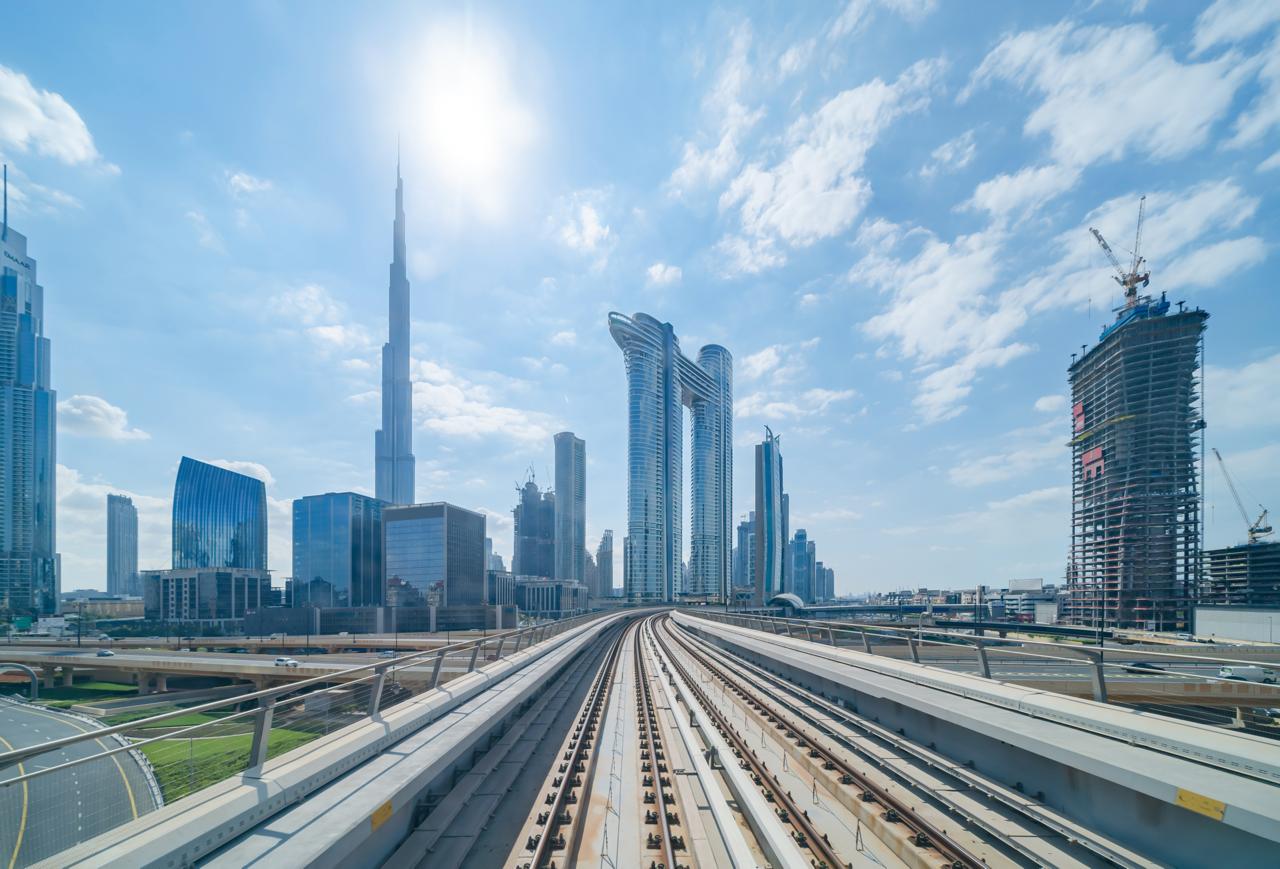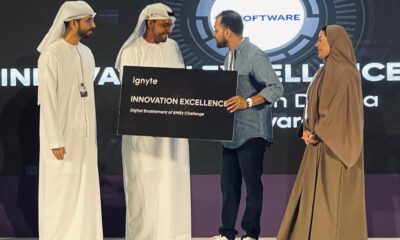The Middle East is on track to attract more than $100 billion (Dh370 billion) a year in major investments by 2026, spanning energy, renewables, healthcare, digital infrastructure and manufacturing, according to a new industry outlook by Grand View Research (GVR).
Despite the global shift towards cleaner energy, the region, led by the UAE and Saudi Arabia, is expected to remain a global powerhouse in oil and gas, while rapidly scaling renewable energy, digital transformation and healthcare innovation.
Oil and gas remain central, with a tech-driven twist
The UAE and its Gulf neighbours currently account for around 30 per cent of global oil production and 17–18 per cent of gas output, cementing the region’s role as a key energy supplier.
While global oil demand growth is expected to remain modest through 2026, gas demand is forecast to rise by around 3.5 per cent, driven by power generation, industrial expansion and LNG exports.
“The Middle East’s oil and gas sector remains a market anchor, but technology adoption and LNG expansion will define competitiveness over the next few years,” said Swayam Dash, Managing Director at Grand View Research.
Across the UAE, producers are increasingly deploying AI, IoT, drones and robotics to cut costs and improve operational efficiency, alongside investments in carbon capture, storage and early-stage hydrogen projects under the UAE Energy Strategy 2050.
Renewables and battery storage gain pace
Renewable energy is expanding rapidly across the Gulf, with falling solar auction prices making clean energy increasingly competitive. Both the UAE and Saudi Arabia are mandating battery storage alongside new solar and wind projects, helping stabilise power grids as renewable capacity grows.
Dubai has announced plans for multi-gigawatt renewable additions by 2030, while Saudi Arabia continues to roll out large-scale solar and hydrogen projects under Vision 2030.
Healthcare becomes an economic growth engine
Healthcare is also emerging as a strategic investment sector. In 2023, Dubai welcomed more than 690,000 medical tourists, generating over Dh1 billion in healthcare revenue and boosting related sectors such as hospitality and travel.
The UAE’s National Digital Health Strategy, which integrates platforms like Riayati, Malaffi and Nabidh, has consolidated more than 1.9 billion medical records across 3,000 facilities, positioning the country as a regional leader in digital healthcare.
Data centres, cloud and advanced manufacturing
Digital infrastructure is another major growth driver. The GCC data centre market is expected to grow at around 13 per cent annually through 2030, with the UAE and Saudi Arabia accounting for up to 70 per cent of new capacity.
Cloud adoption is accelerating too, with nearly 75 per cent of organisations expected to rely mainly on cloud platforms by 2026, boosting demand for cybersecurity, AI and enterprise digital tools.
By 2026, GVR expects the region’s economy to reflect balanced diversification, combining energy leadership with rapid growth in renewables, healthcare, digital systems and advanced manufacturing.
“The scale of investment shows how the Middle East is shifting from resource reliance to technology-enabled growth,” Dash said.
























